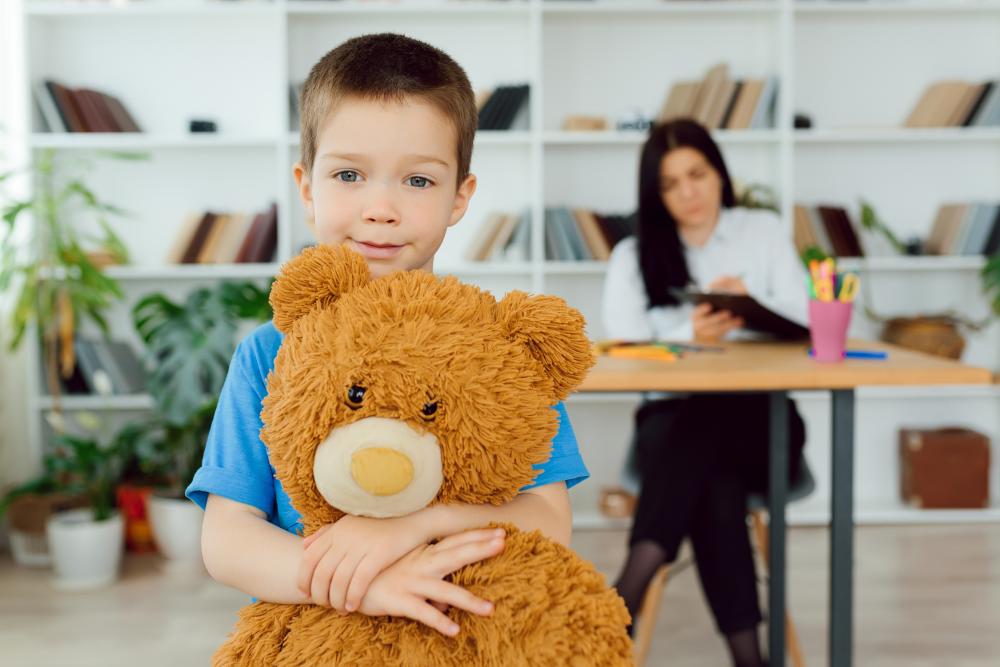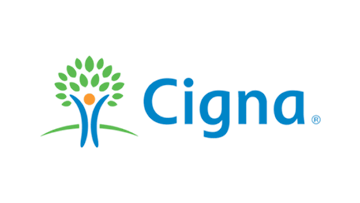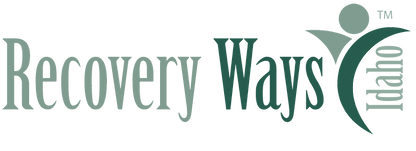
Nurturing Mental Health at Recovery Ways Idaho
At Recovery Ways Idaho, ensuring the mental well-being of children is a priority that underpins every service offered. With a compassionate approach, the facility champions mental health services designed to address the varied needs of young individuals. Whether it’s through individual therapy or family counseling, the skilled professionals at Recovery Ways Idaho are dedicated to fostering a nurturing environment where children can thrive.
The significance of children’s mental health nampa is at the heart of their mission, ensuring that every child receives the support necessary to lead a fulfilling life. By implementing evidence-based practices, Recovery Ways Idaho aims to empower children and their families, helping them to overcome challenges and build resilience.
Addressing Diverse Needs Through Tailored Approaches
Recovery Ways Idaho recognizes that every child is unique, and so are their mental health needs. This understanding informs the creation of personalized care plans, which are developed in close collaboration with the families involved. By considering the individual circumstances and challenges of each child, the center ensures that every client receives a customized support package tailored to their specific requirements.
By offering a wide array of services, including therapy for anxiety and depression, counseling for autism spectrum disorders, and support for developmental disabilities, Recovery Ways Idaho is adept at handling a vast range of mental health concerns. Their dedicated team is skilled in adapting strategies to suit different age groups, from young children to adolescents.
Community-Focused Care
Understanding the local context of children’s mental health nampa, Recovery Ways Idaho is deeply rooted in the community it serves. The organization emphasizes the importance of accessible mental health care for families, striving to reduce the stigma often associated with seeking support. The staff’s commitment to inclusivity and empathy ensures that families feel welcomed and valued as they embark on their mental health journey.
Recovery Ways Idaho’s welcoming facility is designed to be a safe haven for families, offering a supportive environment that encourages open communication and trust. The center also actively engages with the local community, participating in events and initiatives that promote mental wellness and raise awareness about children’s mental health.
In addition, ongoing training and development for staff members ensure that the team remains at the forefront of mental health advancements. This commitment to professional growth enables Recovery Ways Idaho to consistently offer the highest standards of care to its clients.
Integrating Therapy into Everyday Life
Recovery Ways Idaho believes that effective mental health care extends beyond therapy sessions. By incorporating therapeutic strategies into daily routines, children can experience lasting benefits that enrich their lives. The center emphasizes skill-building sessions that equip children with practical tools they can use in their everyday interactions and challenges.
Parents and caregivers are also integral to this process, as they play a crucial role in supporting their child’s mental health journey. Recovery Ways Idaho actively involves families in therapy sessions, offering guidance on how to reinforce progress and support their child’s development at home.
Fostering Resilience and Hope
Children’s mental health nampa is closely linked to resilience and the ability to navigate life’s challenges with hope and optimism. At Recovery Ways Idaho, the focus is on building these qualities in young individuals through a combination of therapeutic support and empowerment strategies. The team works to instill a sense of self-worth and confidence in each child, helping them to recognize their strengths and potential.
By nurturing resilience, children learn to adapt to changes and face difficulties with courage and perseverance. This empowering approach not only benefits the individual child but also strengthens the family unit as a whole, contributing to a more resilient community.
Collaborative Family Counseling
Family dynamics play a significant role in a child’s mental health, and Recovery Ways Idaho understands the importance of addressing these relationships holistically. Family counseling sessions are designed to foster open communication, helping families to understand and support each other more effectively.
During these sessions, therapists guide families in identifying patterns that may be contributing to mental health challenges and work together to develop strategies for positive change. This collaborative approach helps to create a supportive and understanding family environment that can greatly enhance a child’s mental well-being.
Embracing Innovation in Mental Health Care
Staying at the cutting edge of children’smental health Nampa is a priority for Recovery Ways Idaho, with a commitment to integrating innovative practices and technologies into their services. This includes utilizing the latest research in behavioral health to inform treatment strategies and interventions. By embracing innovation, Recovery Ways Idaho ensures that children’s mental health nampa remains a focal point of development and improvement in the community.
Additionally, the organization is exploring digital tools that can enhance therapy outcomes, offering children and families new ways to engage with mental health support. These innovations include virtual therapy sessions and interactive platforms that make accessing mental health services more convenient and effective.
Through these efforts, Recovery Ways Idaho is setting a new standard for mental health care in the region, demonstrating their unwavering commitment to making a positive impact on the lives of children and their families.

What age is children?
The term “children” typically refers to individuals from birth to the onset of adolescence, which is generally around 12 years old. However, the age range can vary based on context. For instance, in legal terms, “children” might be classified differently based on the rights and responsibilities granted or restricted at different ages. At Recovery Ways Idaho, we understand that children at different stages of development have unique mental health needs, and we tailor our services accordingly. Whether a child is in early childhood or entering their teenage years, our approach is adaptable to provide the most effective support.
What do you mean by children?
When we refer to “children,” we’re talking about young individuals who are in a key phase of their development, both cognitively and emotionally. This is a time when they are learning to navigate the world, develop social skills, and understand their emotions. Addressing mental health at this stage is crucial, as it can set the foundation for a healthy life. At Recovery Ways Idaho, we focus on fostering environments where children feel safe and supported, enabling them to explore their personalities and emotions without fear of judgment.
What are the synonyms for children?
Common synonyms for “children” include “kids,” “youngsters,” “minors,” and “youth.” Each of these terms can carry slightly different connotations. For example, “kids” is often used in a more informal context, while “minors” is more likely to be used in legal discussions. At Recovery Ways Idaho, we use language that resonates with both the children we serve and their families, aiming to communicate in a way that feels inclusive and respectful.
Is it better to say kids or children?
Both “kids” and “children” are acceptable terms, but the choice between them often depends on the context. “Children” is more formal and might be used in professional or educational settings, while “kids” is casual and commonly used in everyday conversation. At Recovery Ways Idaho, we prioritize clear and compassionate communication that makes families feel comfortable and engaged, regardless of the specific terminology used. We aim to meet families where they are, adapting our language to create a welcoming environment.
How can parents support their child’s mental health at home?
Parents play a crucial role in their child’s mental health journey. At home, creating a stable and supportive environment is key. This includes establishing routine, providing a safe space for open communication, and modeling healthy coping strategies for stress. At Recovery Ways Idaho, we encourage parents to engage with their children’s mental health by participating in therapy sessions when possible, as this collaboration can enhance therapeutic outcomes. Additionally, showing empathy and understanding can make a significant difference in a child’s emotional resilience and wellbeing.
How do innovative technologies enhance mental health care for children?
Innovative technologies have significantly enhanced the way we approach mental health care for children. Tools such as digital therapy platforms and interactive apps can make mental health resources more accessible and engaging for young people. At Recovery Ways Idaho, we embrace these innovations to complement traditional therapy methods, ensuring that we meet children where they are comfortable. For example, virtual therapy sessions can provide flexibility for families with busy schedules, while interactive platforms can help children learn coping skills in a game-like environment, making the process both educational and enjoyable. Continuing to explore and integrate these technologies allows us to offer cutting-edge care that adapitates to the needs of the community we serve.
Mental Health Resources
- National Institute of Mental Health (NIMH) – The NIMH is the leading federal agency for research on mental disorders. Their website provides valuable information on various mental health conditions, treatments, and research initiatives.
- Psychology Today – An online platform that offers a wealth of resources for individuals seeking mental health information, including articles, therapist directories, and self-help tools.
- Substance Abuse and Mental Health Services Administration (SAMHSA) – SAMHSA is a government agency that works to improve the quality and availability of prevention, treatment, and recovery services for mental health and substance use disorders.
- National Alliance on Mental Illness (NAMI) – NAMI is a grassroots mental health organization dedicated to building better lives for those affected by mental illness. Their website offers support resources, advocacy tools, and educational materials.
- Centers for Disease Control and Prevention (CDC) – Mental Health – The CDC’s mental health resource page provides information on mental health promotion, prevention, and treatment, as well as data and statistics related to mental health issues.




